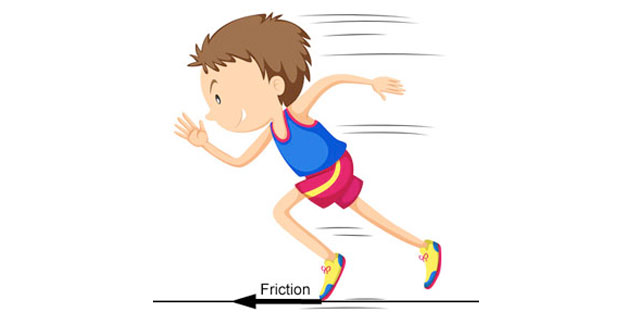HCG is a glycoprotein hormone that is produced during pregnancy by the embryo shortly after conception and later in large amounts, by the placenta. In fact, early pregnancy tests are based on the presence of HCG. The function of HCG during pregnancy is to maintain the corpus luteum (an endocrine structure found in the ovaries, vital for the maintenance of pregnancy) and causing it to secrete progesterone (this causes the uterus to develop a thick layer of capillaries to help sustain the fetus). Due to its involvement in pregnancy, HCG is only prohibited in males.
HCG is also produced by certain types of tumor.
Medical Uses of Human Chorionic Gonadotrophin
The uses of HCG in medicine are limited:
- Stimulation of ovulation in females (often used in IVF)
- Induce puberty in adolescent males
- Hypogonadism (defect of the reproductive system resulting in a lack of function of the gonads or ovaries)
Effects on Performance
HCG is mainly used by male athletes as it increases the production of both testosterone and epitestosterone and so keeping the testosterone-to-epitestosterone ratio unchanged from normal values (vital in avoiding detection of the presence of other prohibited substances). It is also used to maintain testicular volume in males who are using anabolic steroids. However, it is now thought that it is the hormone FSH (follicle stimulating hormone) which is responsible for maintaining testicular volume and so HCG use would be entirely ineffective. HCG use in females would have no beneficial effect at all.
Side-Effects of Human Chorionic Gonadotrophin
Side-effects of HCG are rare and non-serious:
- Gynecomastia (the development of abnormally large mammary glands in males due to increased levels of the hormone Oestrogen)
Combination of HCG and Anabolic Steroids can cause:
- Headaches
- Depression
- Oedema (swelling caused by fluid within the bodies tissues)




